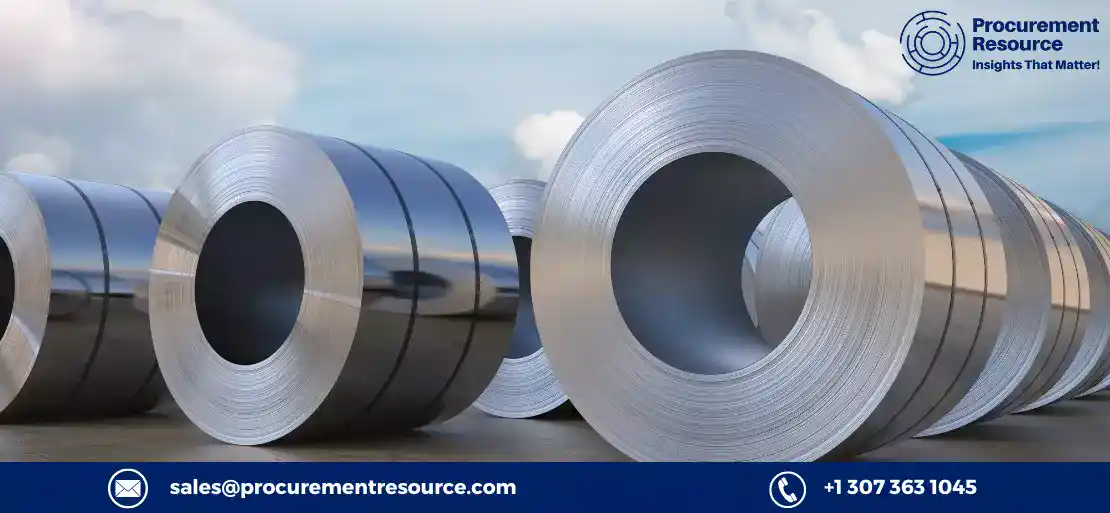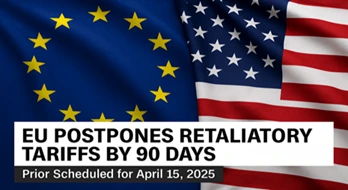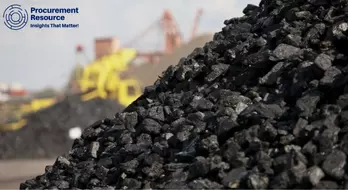Indian TMT Bar And HR Steel Prices Are Likely To Rise By 2-3 Percent By The End Of March 2023

Steel Prices Likely To Be Increased By Indian Firms In March 2023
The top producers of steel in India are seeking to increase the prices of hot-rolled coils by ?1,000-?2,000 in March, bringing the HRCs prices to the ?60,000-?62,000 per tonne range.
Some of the massive steel makers had also raised costs by ?500-?1,000 in February. The price rise set for the march will likely be more elevated in companies that did not hike prices in February, as per sources.
Request Access For Regular Price Update of Steel
The average steel price in February ranged at about ?59,500 per tonne, which is approximately ?1,700, which is notably elevated compared to the average price in January.
usually,rter in March is much stronger based on the season for domestic steel makers since there is usually an uptick in infrastructure and construction activities during this time.
During this period, the company's realisations will see a further boost owing to improved demand from export markets following the withdrawal of export duties by the government of India imposed on finished steel products in November. The quarter in March would be the first complete quarter without these duties' impact this fiscal year.
During January, the exports for steel soared to an eight-month high, up by 33.5% of 750,000 tonnes per month.
Worldwide, steel majors, such as Baosteel and Ansteel of China, as well as Taiwan's China Steel Corporation, increased steel prices for March shipments, and the regional prices are currently the same as the landed prices of Far East country's imports, according to the brokerage.
While coking coal and iron ore prices have stayed elevated for quite a while now, the spikes in prices by regional steel makers will seek support from the demand in the local markets and raises in prices by regional market players outside of India.
As per analysts, export prices in India continued to be at $705-708 tonne levels, supported by price hikes by the Far East and Chinese and Russian suppliers. South Korea, China, and Japan raised the prices of their exported HRC to $705-730 a tonne by $15-35 per tonne.
Traders expect higher prices in March due to promising import parity and enhanced export realization. But the spot spread (the difference between prices of raw material and a finished product) persists in languishing at an 11-month low level.
As per Analysts, following the rise in HRC prices, the average HRC spreads were elevated by 3% week-on-week; however, the February 2023 average spreads by far are lower by 4.8% month-on-month, at their lowest since March 2022. This is mainly because of higher coking coal prices, up 3.8% week-on-week and 16.9% month-on-month.
Hence, additional hikes in prices are key to improving the companies' profitability. But according to an industry source, the current international demand continues to be weak and hence, maintaining any price rises will be supervised in the present environment.
Prices of coal are volatile and have lowered in the past 3-4 days. Shipping costs will likely lower, but as demand is frail, prices of steel could come down in case input cost stress abates.
Steel companies usually increase the prices of the product when the raw material prices go up, but majorly only if these hikes are based on the demand and market conditions. For now, the majority of large steel companies are running at almost full capacity, suggesting that demand is strong.
Read More About Steel Production Cost Reports - REQUEST FREE SAMPLE COPY IN PDF
While JSW Steel did not comment, the inquiries made to the Steel Authority of India and Tata Steel stayed unsettled in the press.
According to the article by Procurement Resource, prices of steel are to be raised by Indian steel makers due to seasonal demand for the commodity owing to an uptick in infrastructure and construction activities during this time. Despite prices of coking coal and iron ore staying high, the price spikes by domestic steel makers will seek support from the demand in the local markets. But the average spreads stay by far the lowest compared to 2022. Hence, additional hikes in prices are key to improving the companies' profitability.



